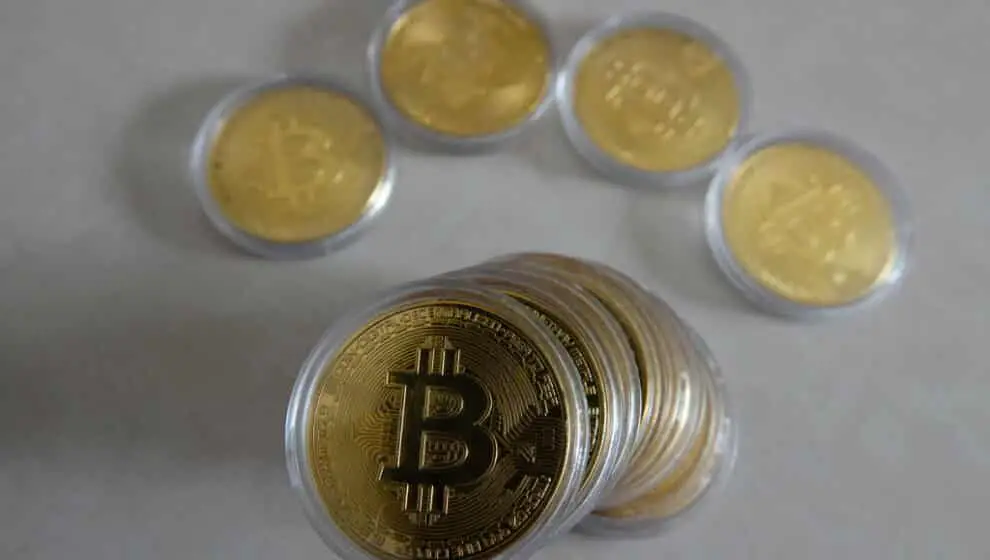Bitcoin transactions hit a new record high this week—but not solely because sales are increasing but because people are testing the system.
Key Details
- Bitcoin transactions peaked at a record six-year high of roughly 682,300 on May 1, with the highest seven-day average of sales since 2017.
- Monday’s spike reflected an ongoing “stress test” of the blockchain, with BRC-20 and XEN concerns affecting the overall traffic of the blockchain, crypto evangelist Eric Wall notes.
- The spike in transactions does not reflect wider adoption of Bitcoin at the moment, instead reflecting internal attempts to test and optimize the existing blockchain infrastructure, Axios notes.
- The 2021 Taproot blockchain upgrade added numerous technical innovations to the blockchain, including the ability to run tests and add quality-of-life changes.
- Bitcoin is currently valued just below $29,000, a notable high from its post-FTX decline to $16,000 over the winter months.
Why It’s News
Bitcoin remains the most stable and honored currency in the crypto world, with its reputation growing significantly in the decades since its creation in 2009. Bitcoin still faces a difficult path toward mass adoption, with the current interest in the coin focusing on crypto evangelists and investors who see the coin as a potential financial tool.
ARK Invest Cathie Wood continues to stand by her assertion that Bitcoin will reach a $1-million valuation within the decade.
Monday’s experiment was, in part, to test the ongoing functionality of the network and address the challenges that mass adoption may create for the blockchain, clearing up blockspace and adding new features through the Ordinals protocol—that allow specific information like ownership to be tracked on individual units of Bitcoin. The process could eventually be used to transact NFTs but is currently only used for meme-coins, Axios notes.
Notable Quote
“What these ‘abnormalities’ can do, however, is cause fee levels to rise and give us a tiny hint into the very natural challenges of scalability that we’re eventually going to have to face anyway if we want mainstream adoption. They push us to make sure we have L2 solutions in place and wallet infrastructure that can accommodate it. It’s a stress test. It’s good, and you should stop crying about it,” says Wall.
